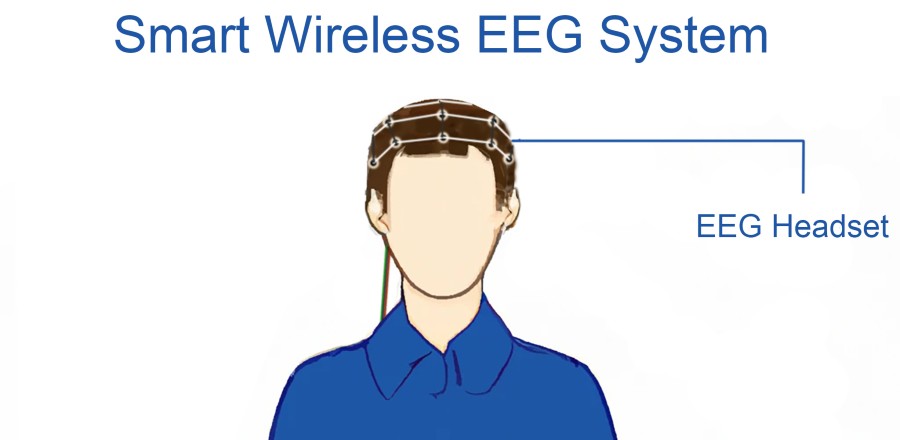Headset could revolutionise epilepsy diagnosis

Researchers are working on a headset that could ‘transform’ the diagnosis and treatment of epilepsy and give clinicians an all-important warning ahead of an epileptic seizure.
The headset development comes on the back of a six-month feasibility study undertaken by Glasgow Caledonian University thanks to funding from Data Lab and the William Quarrier Epilepsy Centre.
Led by Professor Hadi Larijani, Director of Glasgow Caledonian’s SMART Technology Research Centre, the researchers conducted their study at the 12-bed William Quarrier Epilepsy Centre. The first phase of the project sought to prove feasibility by taking historical data from the Epilepsy Centre and using it to “train” artificial intelligence (AI) software that had been developed by the researchers.
Based on these results, the researchers have now successfully approached Scottish Enterprise HGSP for funding to embed the AI into a wireless headset, which will ultimately be worn be patients.
Professor Larijani said: “Epilepsy diagnosis is a very time-consuming task. Currently, a specialist clinician sits in front of a monitor with live or saved feeds of video footage, with synchronised electroencephalography (EEG) and electrocardiogram (ECG) signals, and must manually identify any potential epileptic seizers from these data feeds.
“We are seeking to develop a decision-support headset that could help concurrently monitor all of the patients in the centre, thereby improving both the quality and efficiency of diagnosis; triggering an alarm or alert for seizure cases. If successful, this approach could transform the diagnosis and treatment of patients in Scotland and beyond.”
The research team, which also includes PHD student Syed Yaseen Shah, MSc student John McMaster and consultants from William Quarries Epilepsy Centre, hope to have a protype headset ready by early next year.
Dr Roland Cullen, CEO of the William Quarrier Scottish Epilepsy Centre, said: “Over the past year, we have become interested in how artificial intelligence can support clinical practice, enhance diagnostic data and deliver improved patient outcomes. As such, the executive team at Quarriers is committed to exploring the application of these technologies and to working in partnership with the Scottish Government and academic institutions to test the applicability of new technologies within our centre.”
